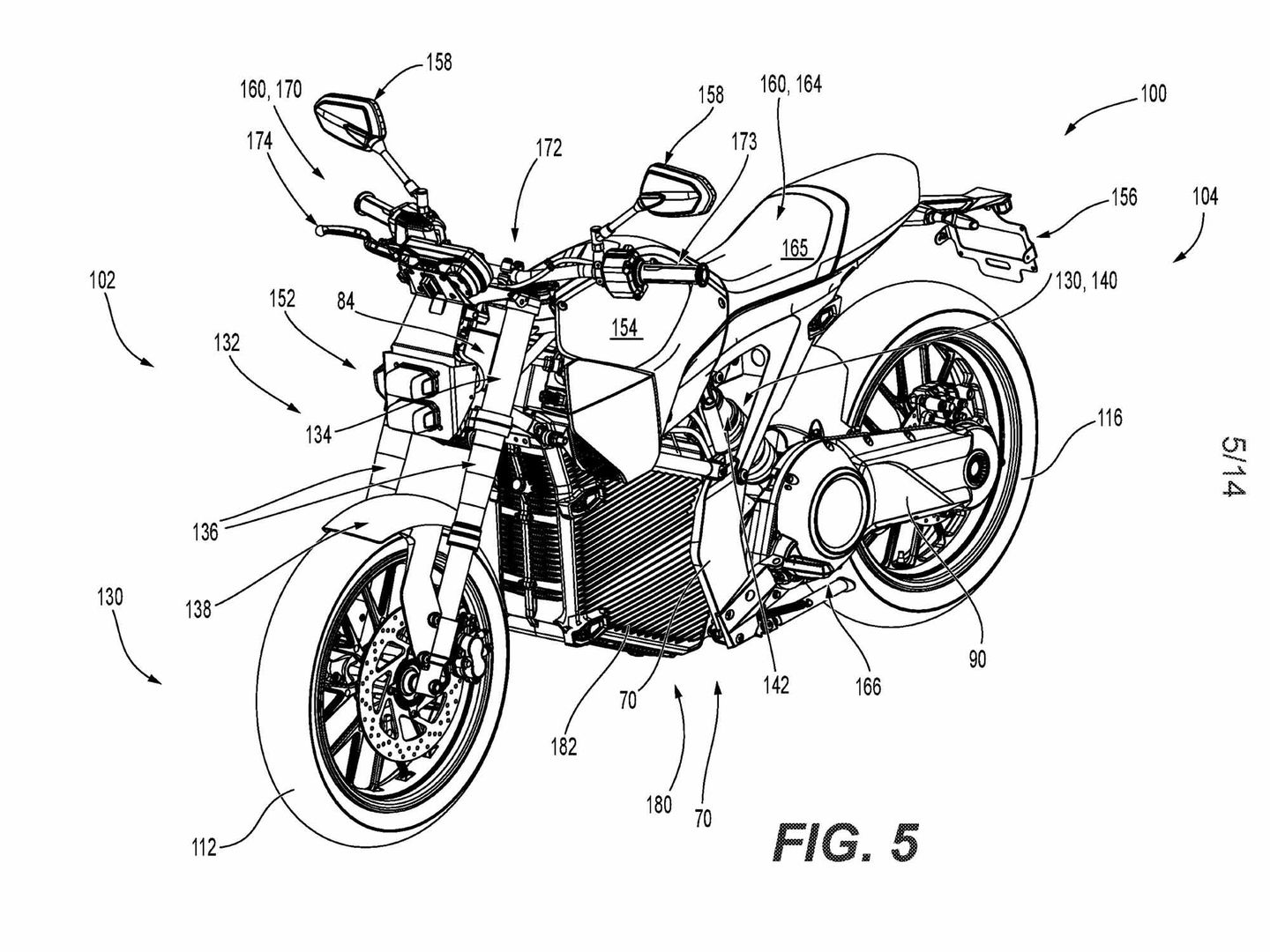How can wireless technology address the major problem with EVs?
Range and a lack of charging points are the missing links in electric-powered travel, but could wireless technology help in addressing those issues?

Quectel Wireless Solution have published a paper detailing the positive applications of wireless technology in electric vehicle charging.
The demand for electric vehicles (EVs) is rising as fossil fuels and combustion engines are becoming more frowned upon as a method of propulsion for vehicles.
![Yamaha E01 electric scooter [credit: BikeDekho]](https://cdn.visordown.com/e01_color_001_2022_003.jpeg?width=1600)
This is taking effect in both the two- and four-wheeled worlds, with announcements coming regularly from established two-wheeler manufacturers like Yamaha, KTM and Honda, as well as an increasing number of smaller, or even start-up, manufacturers like Can-Am, Stilride and Barq detailing the electric future of their respective brands.
One of the major problems that EVs have is their range. It is not such a problem for city commutes, but for intercity travel, or just in general for people who live in less-populated or remote areas, the lack of range many EVs have is problematic.
That problem is exaggerated by the lack of infrastructure supporting electric vehicles, with charging stations far less common to find than petrol stations, for example. And, although fuel prices are increasing, at least here in the UK the price of electricity is also increasing dramatically. Having the plug left on for eight hours to charge your car or bike is not something even in the financial consideration of some people.

This means, as Quectel mentions in its press release announcing their paper, “the number of charging points needs to grow.” They go on to say, “the application of wireless technologies to these is enabling better management, improved customer experience and maximised charging point utilisation.”
Quectel says, “With analyst firm Berg Insight estimating that more than five million EVs were sold in 2021 (globally) and sales predicted to increase still further, it’s clear that the 22.8 million charging points predicted to exist by 2025 will often become congested and drivers will need to utilise mobile connectivity to find available points, manage their charging remotely and pay for electricity they consume.”
Quectel’s paper discusses that although by 2030 there are anticipated to be over 66 million public charging stations globally, this is not truly representative because of geographical fragmentation. In Europe, the emphasis appears to be on home-based charging, while the US and China push for public charging.

Certainly, it seems like the American-Chinese philosophy is the better proposal. The more opportunities to charge your EV, the better, surely? If petrol stations were not available as regularly and frequently as they are, and people were required to keep four jerry cans full of petrol or diesel in their garage, combustion-based transport would probably not have been as successful as it has turned out to be.
Quectel’s idea is that by wirelessly enabling charging points, customers will be able to be notified of the availability of public charging stations, billed wirelessly while the charging stations themselves will be able to stay operational even in periods of particularly high demand.
Of course, Quectel on their own cannot correct the infrastructure shortfalls that are currently a part of the detractive factors regarding EVs, but their technology and ideas to improve the viability and efficiency of public charging stations should be of encouragement - particularly to European governments - that such stations need to be more widely, regularly and frequently available.

